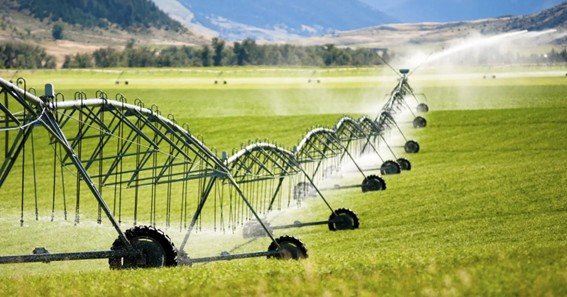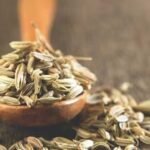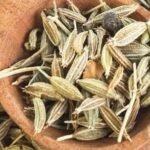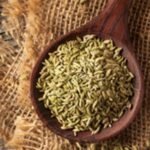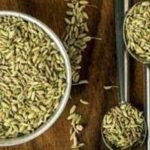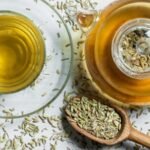Efficient water use is crucial for the sustainability of farming. With water scarcity becoming a global concern, adopting water-saving irrigation techniques is essential for farmers. In this guide, learn practical methods to enhance water conservation of irrigation systems and boost agricultural productivity.
What Is Water Conservation of Irrigation Systems?
Water conservation of irrigation systems involves applying water efficiently in agriculture to reduce waste, enhance crop yield, and sustain natural resources. This approach ensures that farmers use only the necessary amount of water, optimizing irrigation practices for long-term sustainability.
Top Tips for Water Conservation of Irrigation Systems
1. Use Efficient Irrigation Methods
Farmers can significantly reduce water usage by switching to efficient irrigation methods such as:
- Drip Irrigation Efficiency: Delivers water directly to the roots, minimizing evaporation.
- Sprinkler Systems: Suitable for a wide range of crops.
- Micro-Irrigation: Targets specific plants, reducing overall water waste.
2. Implement Smart Irrigation Technology
Modern farms can benefit from smart irrigation technology that uses sensors, timers, and automation systems to monitor and manage water use effectively. These technologies ensure precise water application based on soil moisture levels.
3. Schedule Irrigation Wisely
Farmers should irrigate crops during cooler parts of the day, such as early mornings or evenings, to minimize evaporation. Following a well-planned irrigation schedule boosts water efficiency.
4. Maintain and Upgrade Equipment
Regular maintenance prevents leaks, clogs, and other issues in irrigation systems, ensuring water conservation. Consider upgrading old systems with modern, water-efficient components.
5. Practice Sustainable Irrigation Techniques
Adopting sustainable irrigation practices such as mulching, rainwater harvesting, and crop rotation can further enhance water conservation of irrigation systems. These methods promote better water retention and reduce dependency on external water sources.
Benefits of Water Conservation in Irrigation Systems
- Reduced Water Bills: Lower water usage means lower operational costs.
- Increased Crop Yields: Healthy plants produce better yields when irrigated efficiently.
- Environmental Sustainability: Water conservation supports ecosystem balance.
- Drought Resilience: Conserving water ensures crops survive during dry periods.
FAQ
1. What Are the Best Water-Saving Irrigation Techniques for Farmers?
Drip irrigation, sprinkler systems, and micro-irrigation are among the most effective water-saving techniques for farmers.
2. How Can Farmers Reduce Water Use in Agriculture?
Farmers can reduce water use by scheduling irrigation during cooler hours, using smart technology, and practicing sustainable irrigation methods.
3. Why Is Water Management in Agriculture Important?
Water management in agriculture ensures optimal crop production while conserving water, protecting the environment, and reducing costs.
4. How Does Smart Irrigation Technology Work?
Smart irrigation technology uses sensors and automation to monitor soil moisture levels and water crops only when needed, ensuring precise water application.
5. What Are the Long-Term Benefits of Water-Efficient Farming Methods?
Water-efficient farming methods help sustain agricultural productivity, lower operational costs, conserve natural resources, and ensure food security in the long run.
